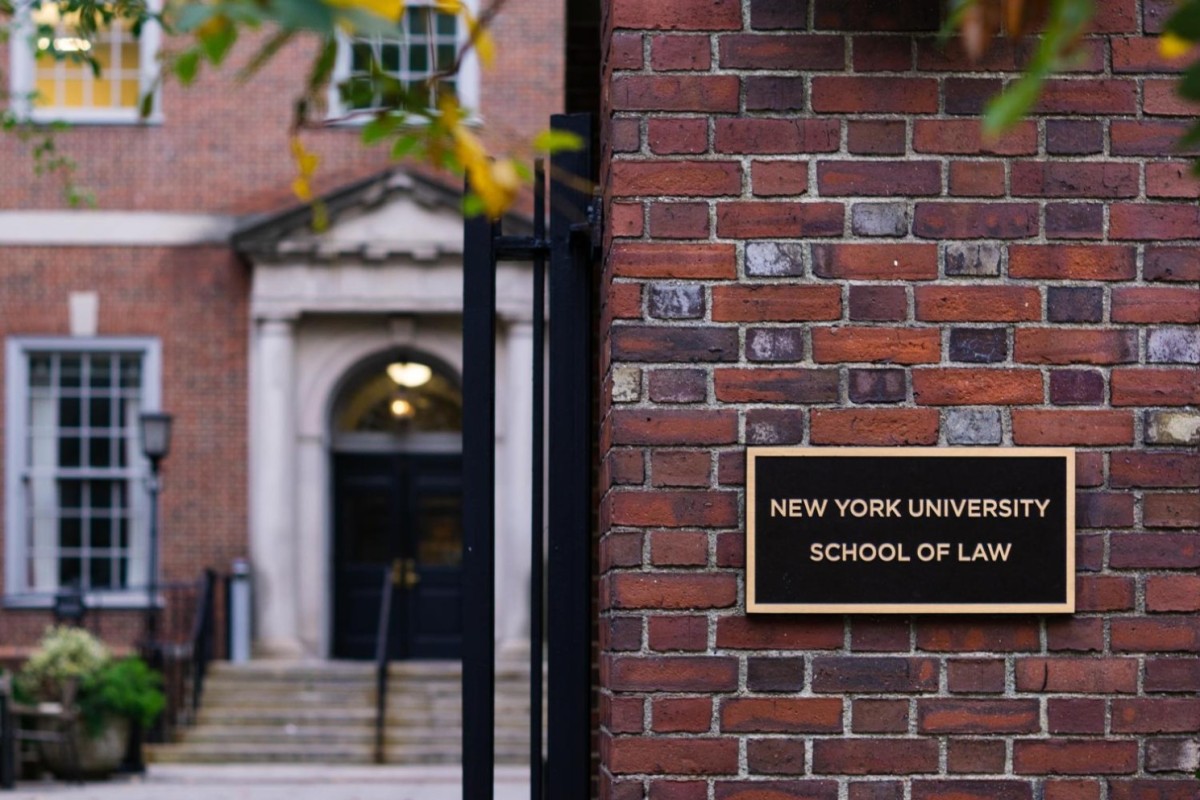NYU’s Policing Project, a law enforcement reform project operating under the School of Law, will examine the effectiveness of the public safety system in Minneapolis through a $1 million contract recently approved by the Minneapolis City Council.
The organization plans to examine the city’s recently approved Safe and Thriving Communities report plan, which promotes the use of crime prevention services and incident response that goes beyond law enforcement action. The Policing Project will look at what city programs have been effective in addressing public safety issues, and relay its findings to the city government as part of the two-year contract. The report comes after Minneapolis residents demanded an alternative approach to public safety following the murder of George Floyd in 2020.
“Too often, our notion of police accountability focuses on back-end accountability, imposing consequences after someone was already harmed, after something went wrong,” said Freya Rigterink, the organization’s executive director. “But there’s more that we can do on the front end to ensure that there’s accountability before the police act.”
Since 2015, the Policing Project has collaborated with communities and police forces nationwide to reduce dependence on law enforcement. The organization aims to establish accountability as being at the forefront of law enforcement by collaborating with police officers and integrating public input into ethical policy development, according to Rigterink.
Rigterink added that Policing Project staff regularly draft model legislation, and analyze public safety concerns such as the use of force, racial profiling and facial recognition. The organization works with communities and policymakers to push for more transparency and safety in laws surrounding policing.
The Policing Project also works directly with other cities, such as with the city of Chicago on a public safety initiative that encourages collaboration between communities and law enforcement. It also developed the SAJE Policing Assessment, which measures training, accountability, equity and effectiveness in police departments across 100 metrics. The organization is currently working to implement the assessment at various law enforcement agencies.
“There’s a lot of interest across the country in learning more about the innovative practices that different cities are trying,” Rigterink said. “The primary unifying interest here is that communities and cities are really recognizing that public safety means more than the police and that it’s really time to invest in these different systems of first response so that communities can get the services that they need.”
Contact Aashna Miharia at [email protected].























































































































































